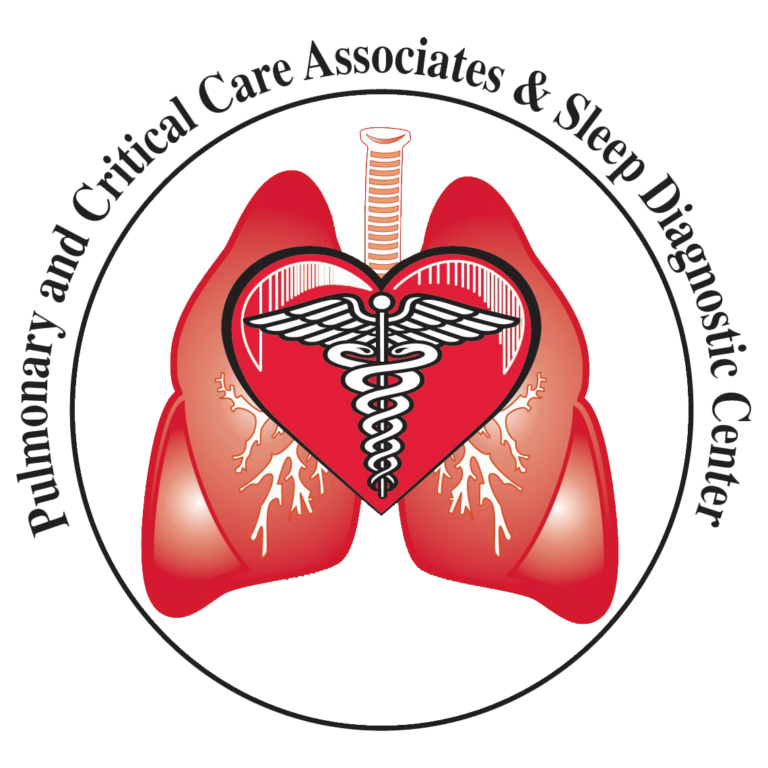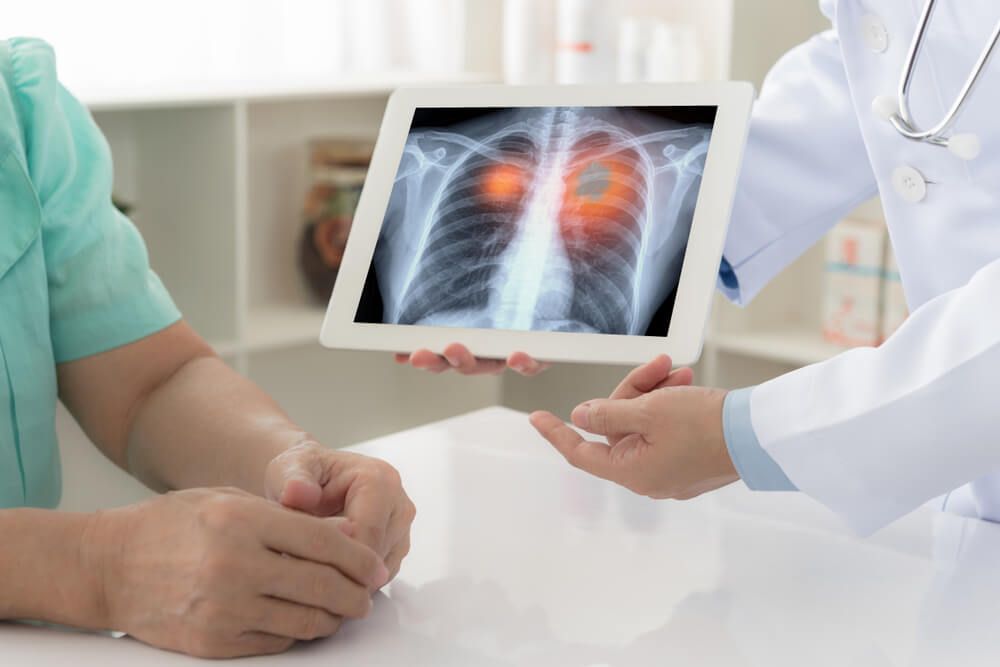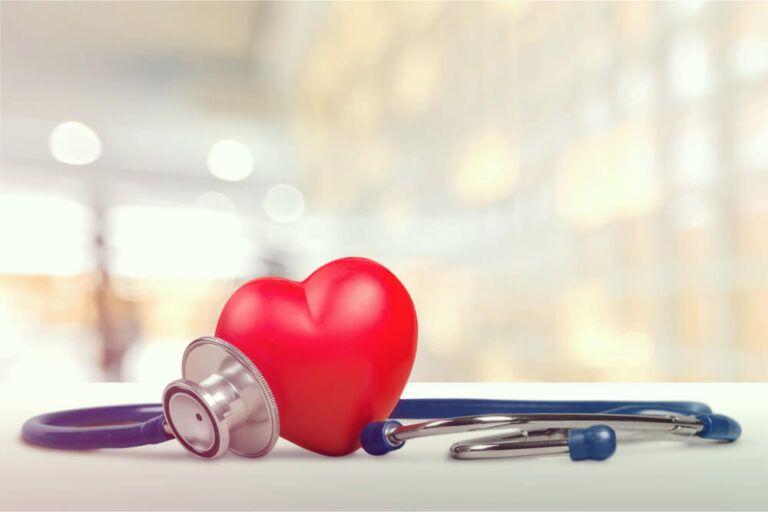What is lung cancer screening?
Lung cancer screening is a way in which doctors check the lungs for early signs of cancer in people who have no symptoms of lung cancer. Doctors suggest it for certain people who are at high risk of lung cancer because they smoke, or used to smoke. Although screening is not likely to be helpful for all smokers, doctors do think it might help prevent cancer deaths in some heavy smokers, or those who smoked for many years (even if they have already quit).
Researchers have been studying chest X-rays and “low-dose CT scans,” two types of imaging tests, to see if they are good screening tools. Imaging tests create pictures of the inside of the body. A low-dose CT scan uses much less radiation than a typical CT scan and shows a more detailed image of the lungs than a standard X-ray. It turns out that chest X-rays do not work for screening for lung cancer. Low-dose CT scans, on the other hand, might be helpful screening tools for some people at high risk of lung cancer.
The goal of lung cancer screening is to find cancer early, before it has a chance to grow, spread, or cause problems. One large study found that smokers who were screened with low-dose CT scans were less likely to die of lung cancer than those who were screened with standard X-ray. Even so, experts are not yet ready to recommend low-dose CT scans for all heavy smokers. That’s because it’s unclear whether screening outside of a research study – in the “real world” – would work as well. Plus, screening comes with certain risks, including the need for more tests if a person has an abnormal screening test.
The best way to lower your chances of getting or dying from lung cancer is to quit smoking. No matter how much or how long you have smoked, quitting is a good idea. Quitting now will reduce your chances not only of lung problems, but also of heart disease and many forms of cancer.
Can I be screened with a standard X-ray instead of a low-dose CT scan?
There is no proof that a standard X-ray for screening helps extend life. Experts do not recommend chest X-rays as a way to screen for lung cancer.
Who should be screened for lung cancer?
For some people with a long smoking history, screening can save lives. If the following 3 statements are all true for you, ask your doctor about screening:
- You are 55 to 80 years old
- You have smoked an amount that is equal to at least 1 pack a day for 30 years (examples of what are considered equal include 2 packs a day for 15 years or 3 packs a day for 10 years)
- You still smoke now or quit smoking in the past 15 years
The decision to be screened should take these things into account:
- Your general health and level of risk – Your level of risk depends mostly on how much and how long you have smoked, and on whether you still smoke.
- The costs involved in screening – Insurance companies might or might not pay for screening with a low-dose CT scan. If you are thinking about screening, you can check with your insurance company to find out if they will cover some or all of the cost. You can also ask your doctor’s office what you might have to pay.
- Access to experts in lung cancer screening – Not all doctors are experts at reading low-dose CT scans, or in deciding what to do if a test is abnormal. For screening to be helpful, a very experienced doctor must read the scan. Plus, it’s important that any abnormal results be managed by a doctor who is an expert at diagnosing lung cancer.
What are the benefits of being screened for lung cancer?
The main benefit of screening is that it helps doctors find cancer early, when it should be easier to treat. This might lower your chances of dying of lung cancer.
What are the drawbacks to being screened for lung cancer?
The drawbacks include:
- False positives – Low-dose CT scans sometimes show “false positives,” meaning they suggest a person might have cancer when he or she does not. This can lead to unneeded worry and to more tests. For example, people who have false positives sometimes have follow-up full-dose CT scans, which expose them to more radiation. They sometimes also need a lung biopsy, which is a procedure to remove a small sample of lung tissue. This procedure can be painful and sometimes leads to problems, such as bleeding or a collapsed lung.
- Radiation exposure – Like all X-rays, CT scans expose you to some radiation. Although the radiation dose from the first screening CT scan is low, you would need to have a scan every year, so your exposure would add up. Plus, if you have an abnormal result, you could end up having full-dose CT scans.
What happens during a low-dose CT scan?
When you have a low-dose CT scan, you lie on a table that slides. The CT scan machine is shaped like a giant donut and you slide through the large hole in the center. As you slide through, the machine takes pictures of the inside of your body. The process takes several minutes and is painless.
What happens after a low-dose CT scan?
After a low-dose CT scan, you should get a phone call or letter with your results. If you do not hear back about your results in about 2 weeks, call your doctor or nurse’s office. Do not assume that your scan was normal if you hear nothing.
What if my CT scan is abnormal?
If your scan is abnormal, don’t panic. More than 95 out of 100 people with an abnormal scan turn out not to have lung cancer. You will need more tests to find out whether you actually have cancer.
How often should I have a low-dose CT scan for screening?
If you and your doctor decide that screening is right for you, you will need to have a low-dose CT scan once a year if your scans continue to be normal. You can stop getting screened at age 80 or once you have gone 15 years or longer without smoking.






